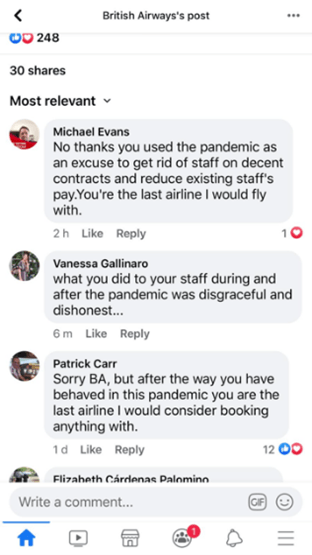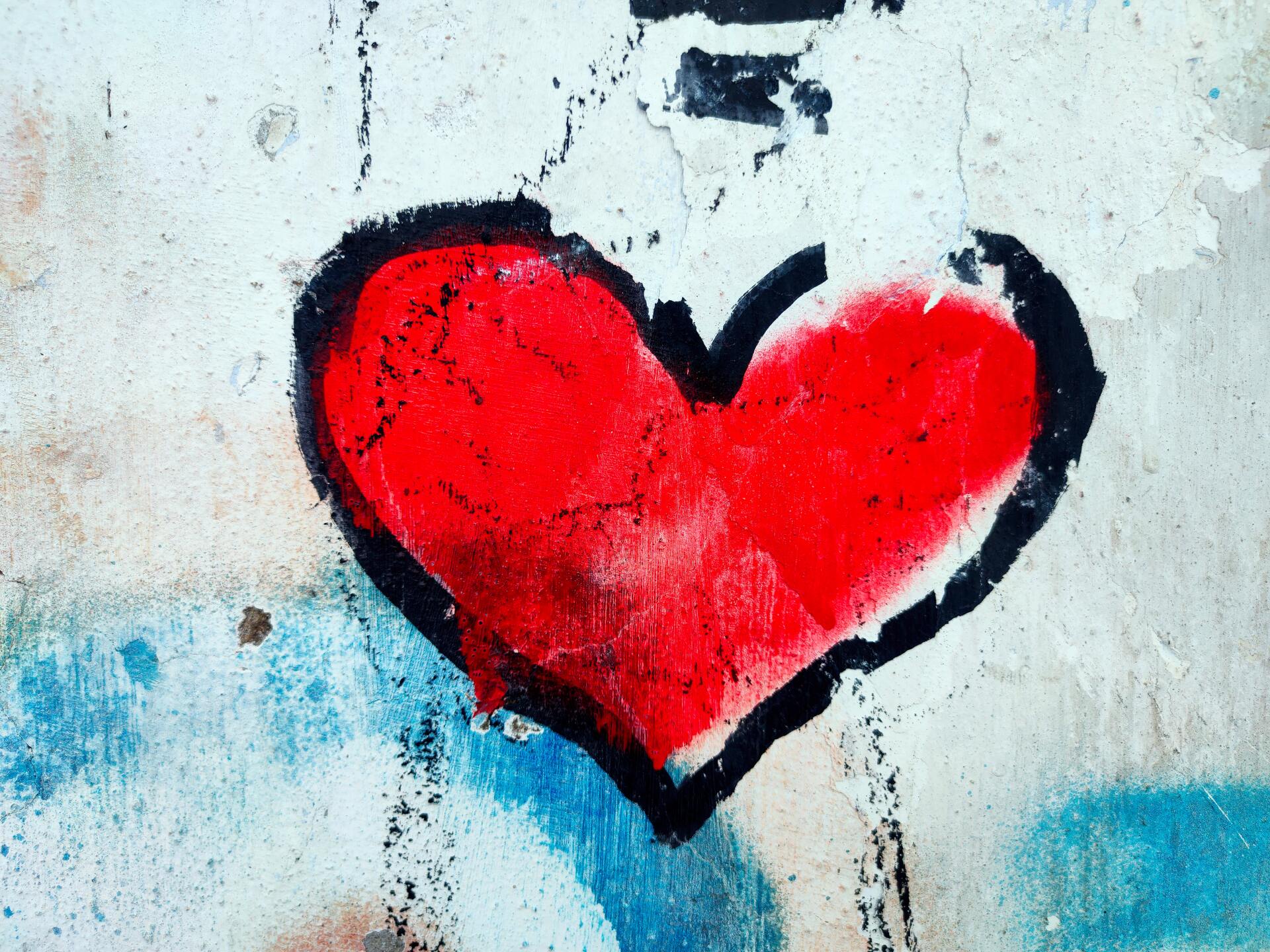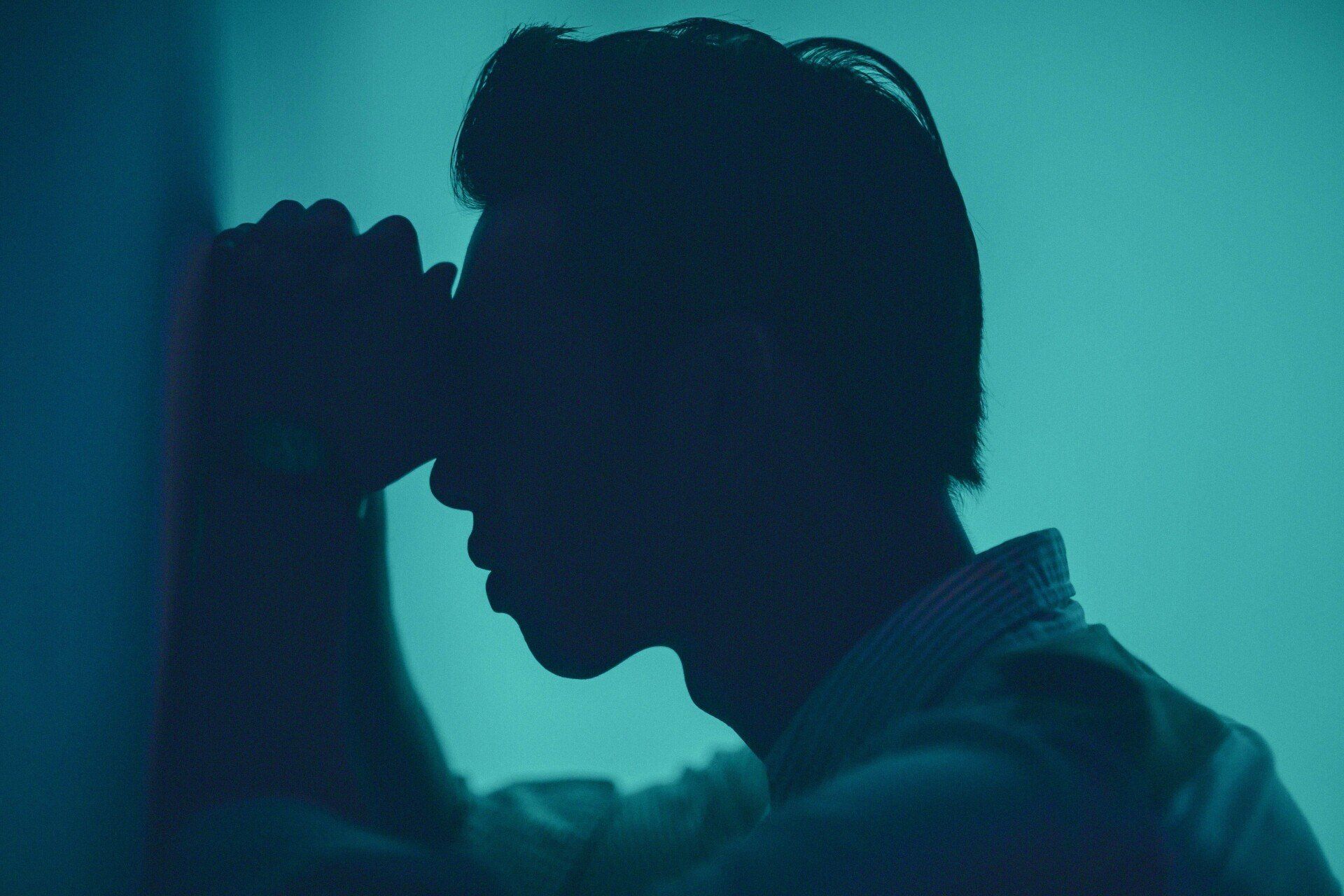Do you separate EX from CX? Find out why you’re potentially making a fatal mistake.
How you treat your employees today could impact your brand integrity for the next ten years.
Employees should always be your first brand advocates. And employees are also the people who deliver your customer experience. So, essentially, EX and CX are one. The leading organisations for CX have always recognised (and built upon) this connection. Organisations where permission culture and trust permeate every area of the business.
The Global Pandemic has shown us who organisations really are - good, bad or indifferent. From how quickly some pivoted, who truly prioritised their customers, their employees and who, quite simply - didn’t. The decoupling of EX and CX – conscious or otherwise – by businesses in the aftermath of COVID has been profoundly disturbing and short-sighted.
It’s now that your customers will judge your organisation, and ultimately decide where they spend their money, directly as a result of how you treat your employees.
How you treat your employees today could impact your brand integrity for the next ten years.
Employees should always be your first brand advocates. And employees are also the people who deliver your customer experience. So, essentially, EX and CX are one. The leading organisations for CX have always recognised (and built upon) this connection. Organisations where permission culture and trust permeate every area of the business.
The Global Pandemic has shown us who organisations really are - good, bad or indifferent. From how quickly some pivoted, who truly prioritised their customers, their employees and who, quite simply - didn’t. The decoupling of EX and CX – conscious or otherwise – by businesses in the aftermath of COVID has been profoundly disturbing and short-sighted.
It’s now that your customers will judge your organisation, and ultimately decide where they spend their money, directly as a result of how you treat your employees.
You and your organisation ignore this link at your peril! It’s no exaggeration to say that the decisions you make today could define/impact your brand integrity for years to come!
You don’t have to look too far to comprehend the point fully:
British Airways (BA) came under fire for their response to COVID-19, which saw them essentially put much of their workforce at risk and required to re-apply for their jobs, on reduced terms. It soon hit the press, and the backlash was significant. Now, the public has only a superficial lens around the inner workings of the organisation, so can’t challenge the need to rationalise, per se. However, the public can -and will - judge the manner in which you execute (and the resulting impact on your people). For BA, the public have spoken, and continue to share their perspective, and it’s damning. Recent BA adverts on social media for flights have been overwhelmingly met with comments which refer to BA’s treatment of their staff. Only time will tell how long they’ll pay the price for their chosen course of action and approach.
How did BA get it so wrong?
Boohoo Group, which also owns other brands such as Karen Millen, Coast, Nasty Gal and PrettyLittleThing, came under fire when it emerged that they subjected staff in their Leicester factory to unsafe working conditions during the COVID-19 pandemic. They paid just £3.50 per hour, according to a Sunday Times report and an investigation by garment industry campaign group Labour Behind the Label. The company admitted that conditions at a Leicester factory were “totally unacceptable and fell woefully short of any standards acceptable in any workplace”. Many retailers dropped BooHoo as a result of the bad press, including Next, Asos, Very and Zalando. Shares in Boohoo Group fell 23% in the aftermath of the story.
As always, there is the opportunity to learn from other’s failings.
Nevermore than now, are organisations facing challenges, some of which will undoubtedly result in the need for some tough decisions to be made. In large part, it’s much less about what you do, but how you do it.
Sometimes, it’s necessary to let a member of staff go, or re-structure a team or right-size an entire organisation. How that feels for employees will largely depend on the experience they’ve had with the organisation to date.
Your customers will forgive you for having to make tough decisions. Still, they will NOT forgive you if you don’t execute in as honest and human a way as possible. And if the reason for the action doesn’t feel legitimate. Recent times have again shown some organisations, under the banner of COVID-19, reducing their headcount. However, their published profits contradict their rhetoric.
What’s the answer?
Invest in your workforce – which could actually eliminate the need to take tough action
- Companies with high EX are 21% more profitable (Gallup)
- Engaged employees are more productive and effective
- Our customers have a better experience if our employees are engaged
- Engaged employees stay, avoiding the costs of recruitment and loss of productivity
- Highly engaged workplaces see 41% lower absenteeism (Gallup)
How?
Transparency in leadership is key.
theHRDirector wrote in May 2020:
‘Even before the pandemic, the world was demanding a more collaborative and consultative style of leadership based on transparency. Today, transparency is so much more critical to an organisation’s survival, as an attribute of both those who lead it and the creative culture that drives it forward.’
‘If the new way of leading people is by collaborating with them, then collecting and considering their ideas becomes a natural part of the process of developing business solutions. This is another area in which transparency is vital. Employees who feel they are involved in their company’s future will often contribute their suggestions and time enthusiastically. But if the final decision appears to exclude their input, they may feel undervalued and withhold further participation.’
In relation to CX, we know that ultimately our front-line teams hold the real insight, as they have the closest proximity. All we need to do is ask them. They understand the role they play in the experience a customer has and will, in most cases, do what they can to maximise that experience. Suppose you apply a similar lens to broader business challenges, by engaging your wider populations. In that case, they become an invaluable source of insight when the organisation has challenging landscapes to navigate.
The perfect example of this……
Ten years ago, as CEO of Barry-Wehmiller, Bob Chapman test-drove his people-first business model through a huge recession. After 40 percent of the company’s product orders evaporated in early 2009, he insisted that no one would be laid off.
“Downsizing is the standard business approach to an economic downturn” Chapman said. Instead, he devised a plan that required all employees — whether they worked on a factory floor or in a corporate office — to take unpaid furloughs of up to four weeks.
“I said to myself, ‘What would a caring family do if a member of a family had a problem? We'd all pitch in together to help,’ ’’ he said. “We wouldn't take it out on any one person.”
His approach was successful and Barry-Wehmiller bounced back quickly after the recession, proof that a company can both, value its employees and make a profit.
Interestingly, I believe that had Bob’s approach not been successful, and ultimately job losses were required, people would still have respected the intent of the organisation. So, as is often the case, it’s not all about the outcome or destination. It’s as much, if not more about the journey.
"Hold fast, be brave and invest in your people - the payoff will be immense. Now is the time to Reflect, Re-think and Re-boot Learning".
(Sean Spurgin)

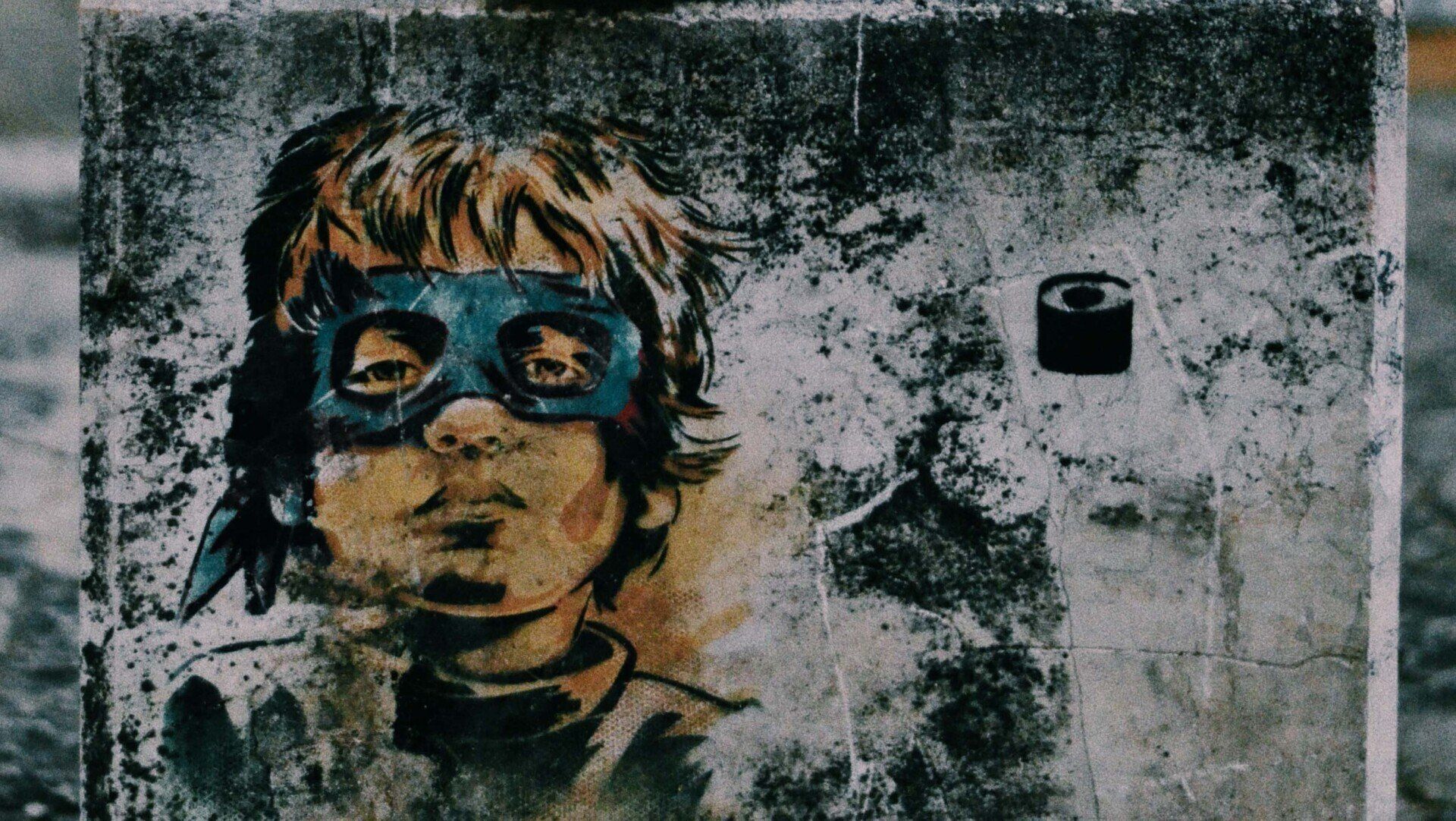
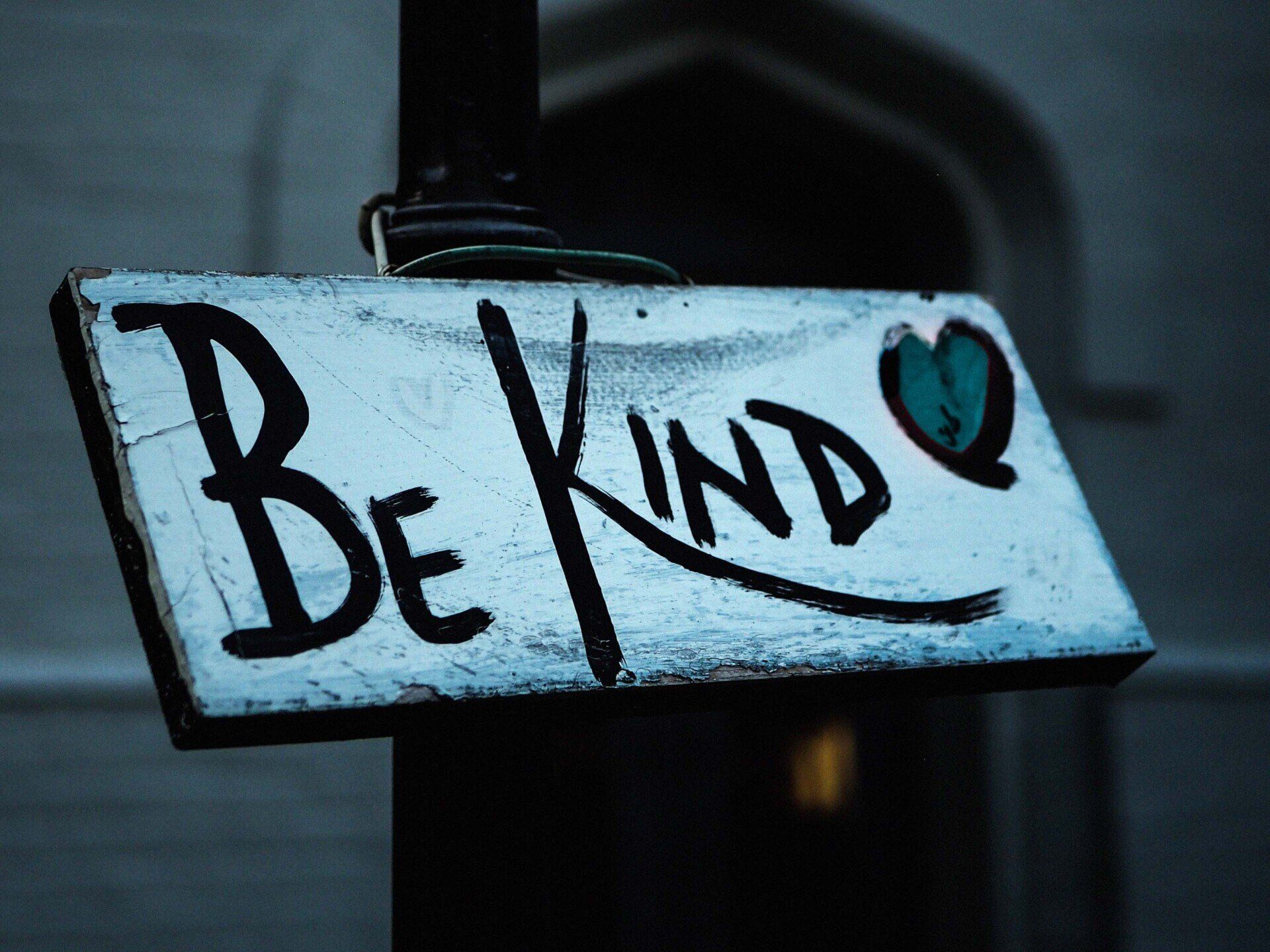
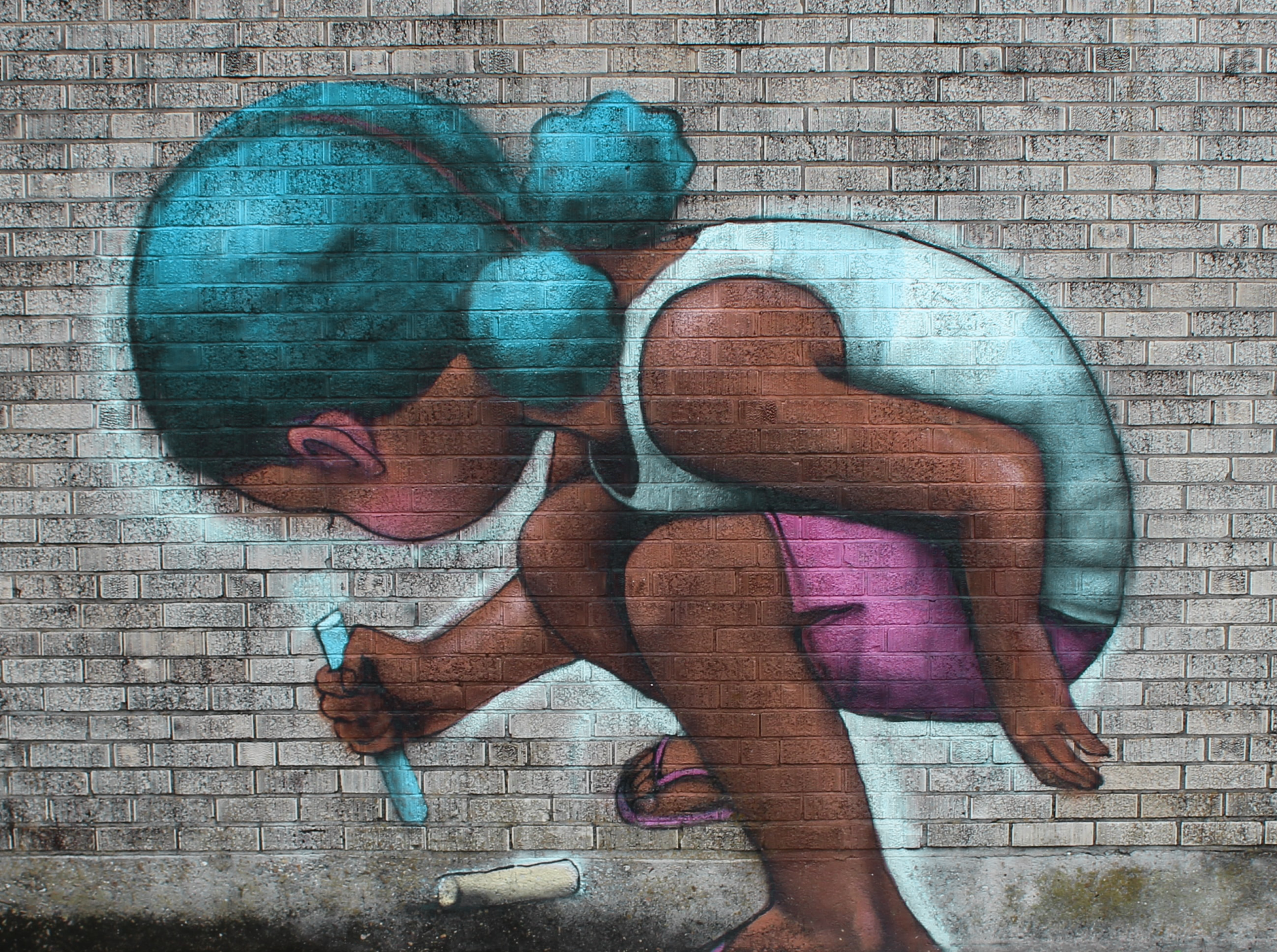
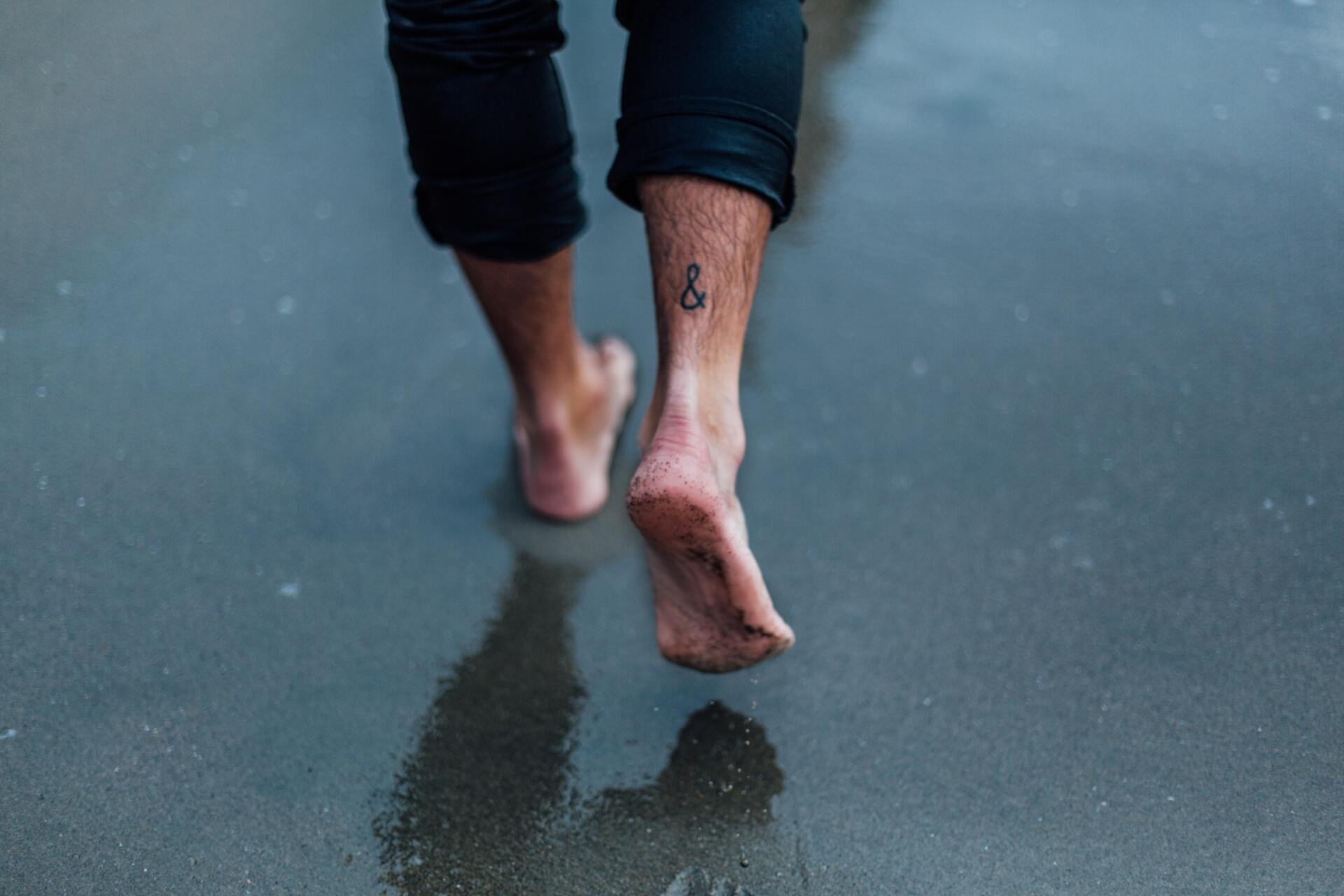

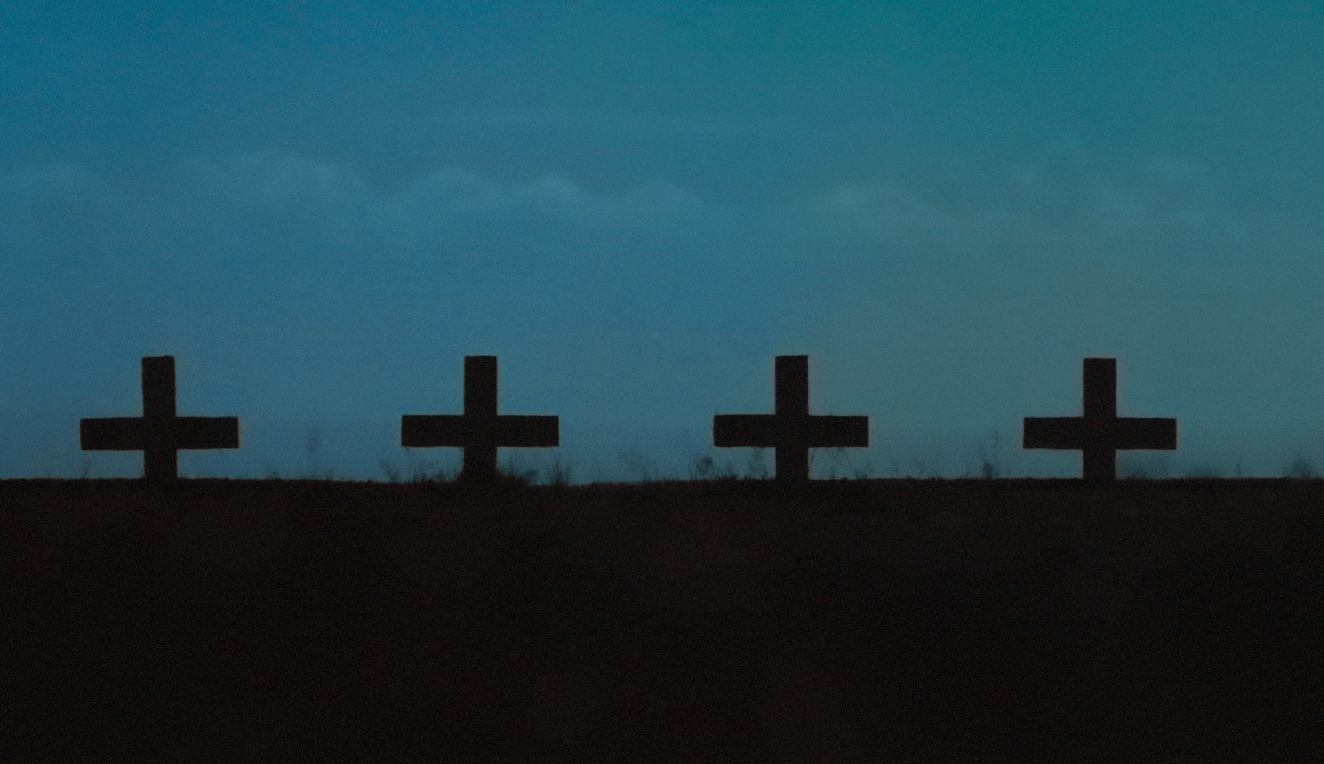
All Rights Reserved | Elev-8 Performance Improvement Ltd (Company no. 12731955)
